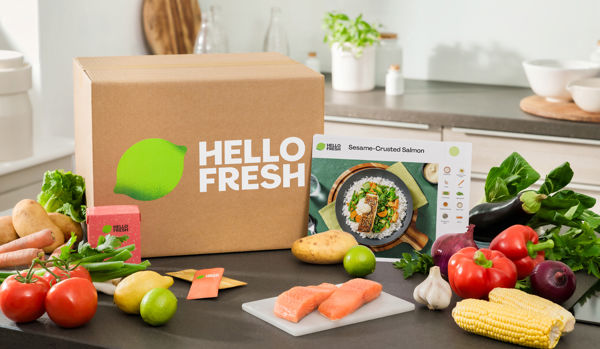Curious about doulas and how they can help you through pregnancy and birth? This article discusses everything you need to know from what is a doula to the pros and cons of having one.
What Is a Doula?
A doula is a person who supports women and families wherever and however they want to give birth. They offer a very personalised service of support whatever your parental choices are. A doula is usually an experienced person who has completed a certain level of basic training however they are not medically trained in the same way a midwife or a doctor is.
Your doula is there to provide practical and emotional support during pregnancy and giving birth.
While they cannot provide medical advice, they are there to provide balanced information and help you make informed decisions. A doula can be part of your birth team alongside your birth partner or if you don’t have somebody there to support you.
Sometimes a doula may be a birth doula, a postnatal doula, or both.
A Birth Doula
Generally from a birth doula you can expect the following:
- Practical and emotional support
- Support you however you are planning on giving birth
- Talk to you about any questions you may have about your birth plan
- Provide one-to-one support during labour
A Postnatal Doula
Generally from a postnatal doula you can expect the following:
- Provide practical and emotional support to you and your family
- Support you in becoming the parent you want to be
- Give you confidence when it comes to parenting
- Support you to feed your baby
What Are the Benefits of Having a Doula?
The benefits of having a doula will completely depend on what you want one for. Some women want someone who makes them feel comfortable and who they can trust during labour.
Others may find the emotional support post-birth most beneficial. Having a level of continuity of care throughout pregnancy, during birth and beyond may be especially important also. Having a doula may also help if you’re particularly vulnerable or need more specific support.
Research has found that women who have had continuous support during labour and birth are less likely to have an assisted birth, a caesarean section and pain relief. They’re also more likely to have a shorter labour than those without.
What Are Some Potential Disadvantages of Having a Doula?
While there are many benefits to hiring a doula it may present the opportunity for the birthing partner to sit back and relax a bit. Your birth partner and doula should work in unison together to assist you in having the most pleasant birthing experience.
A doula's qualifications and skill sets may also be questioned due to them potentially not going through any formal training. Be sure to ask your doula before booking what experience they have as some may have loads and some may have very little.
Doulas can also be expensive and a good doula will be on the higher end of the scale. Cost is certainly worth taking into consideration when preparing for your new arrival, as spoiler alert, tiny humans can be expensive!
How Much Does a Doula Cost?
Some doulas are self-employed meaning clients pay them directly or they work for healthcare organisations in their local area. Others may work on a voluntary basis or within the NHS.
How much a doula charges can vary depending on where they work, how much experience they have and how much they feel their service is worth. It’s also worth researching what each doula includes within their service as some may charge for less/more than others.
There are charities across England such as Birth Companions who support women without birth partners. Vulnerable women can request access to a doula through Birth Companions at a nominal rate. Doulas without Borders is another brilliant organisation run by voluntary doulas who support women in vulnerable times and financial hardship during pregnancy, birth and early motherhood.
Are Doulas Insured?
Not all doulas are insured. Some doulas may also be practising without training as there is no national regulation. It’s best to ask your doula about training and insurance when you contact them.
How Can I Find a Doula?
Doulas usually meet with potential clients before being booked. This is an opportunity for you to interview the doula per se to see if you are a good fit for each other. The NCT has a doula service across England and Scotland whereby all doulas need to have completed a nine-month course recognised by Doula UK.
The doula database is really easy to use, filter by location and you can actually see your doula before connecting. You’re able to get a really informative rundown of each person available as well as have their contact details readily available. Doula UK is a membership association of doulas in the UK, the Republic of Ireland and the Channel Islands. This works in a similar way to the NCT database however with Doula UK you can also filter by language choice making it that bit more accessible.
To conclude whether it’s assistance during labour or giving post-birth support a doula can offer invaluable care. With their support, you’ll feel empowered to navigate parenthood with confidence and comfort.






